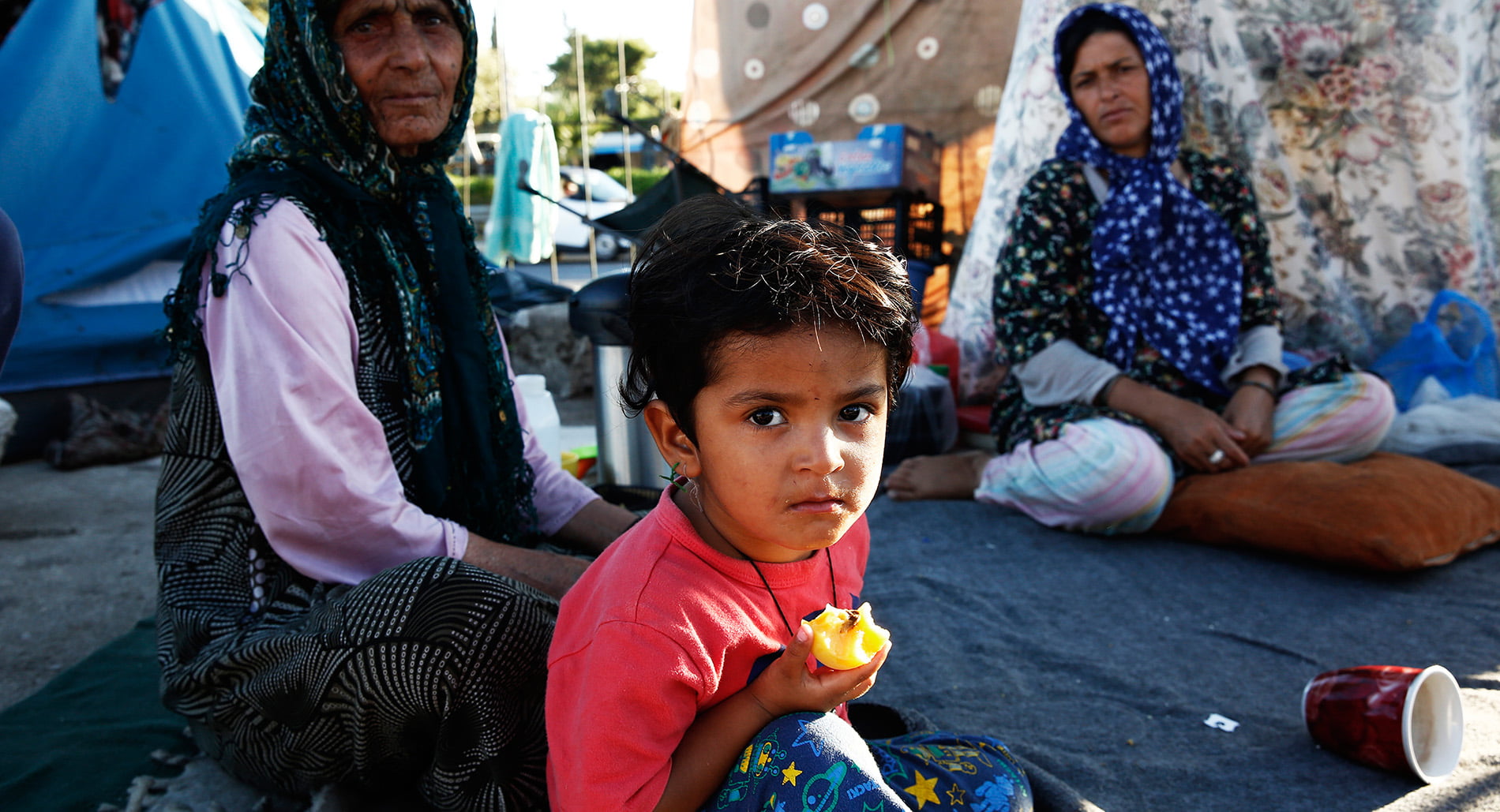A package of new proposals published by the European Union today risks rolling back basic protections for refugees and asylum seekers.
A proposed EU-wide resettlement framework would use resettlement as a tool for migration control rather than to provide assistance to vulnerable refugees. In addition, three proposed reforms of the EU asylum system would introduce measures intended to increase the number of refugees and asylum seekers returned to non-EU countries.
“The proposals the Commission published today are not about improving refugee protection globally, but about reducing irregular arrivals to Europe. They take good tools, like resettlement, and put them to bad ends; they use fine words, but these mask some pretty cynical intentions,” said Iverna McGowan, Head of Amnesty International’s European Institutions Office.
“What the Commission is really trying to do with these proposals is resettle some refugees, so they can return more. In the absence of any mention of the need to significantly increase resettlement numbers and heavily invest in conditions for refugees in third countries, the net impact of these proposals for refugee protection globally is very likely to be negative.”
“What the Commission is really trying to do with these proposals is resettle some refugees, so they can return more.”
Background
The proposed Union Resettlement Framework sets out how the EU member states might implement resettlement programmes in the future but fails to mention any need to increase current numbers.
Under the scheme, the Council would establish annual resettlement plans which would fix the total resettlement number and member states’ quotas for the following year as well as indicate the overall geographical priorities. The European Commission would then establish targeted resettlement schemes tailored to specific regions or third countries, which are a source of migratory flows to the EU.
The proposal comes as states around the world prepare for September’s UN meeting to address large movements of refugees and migrants and negotiate the draft Global Compact on Responsibility-Sharing for Refugees.
